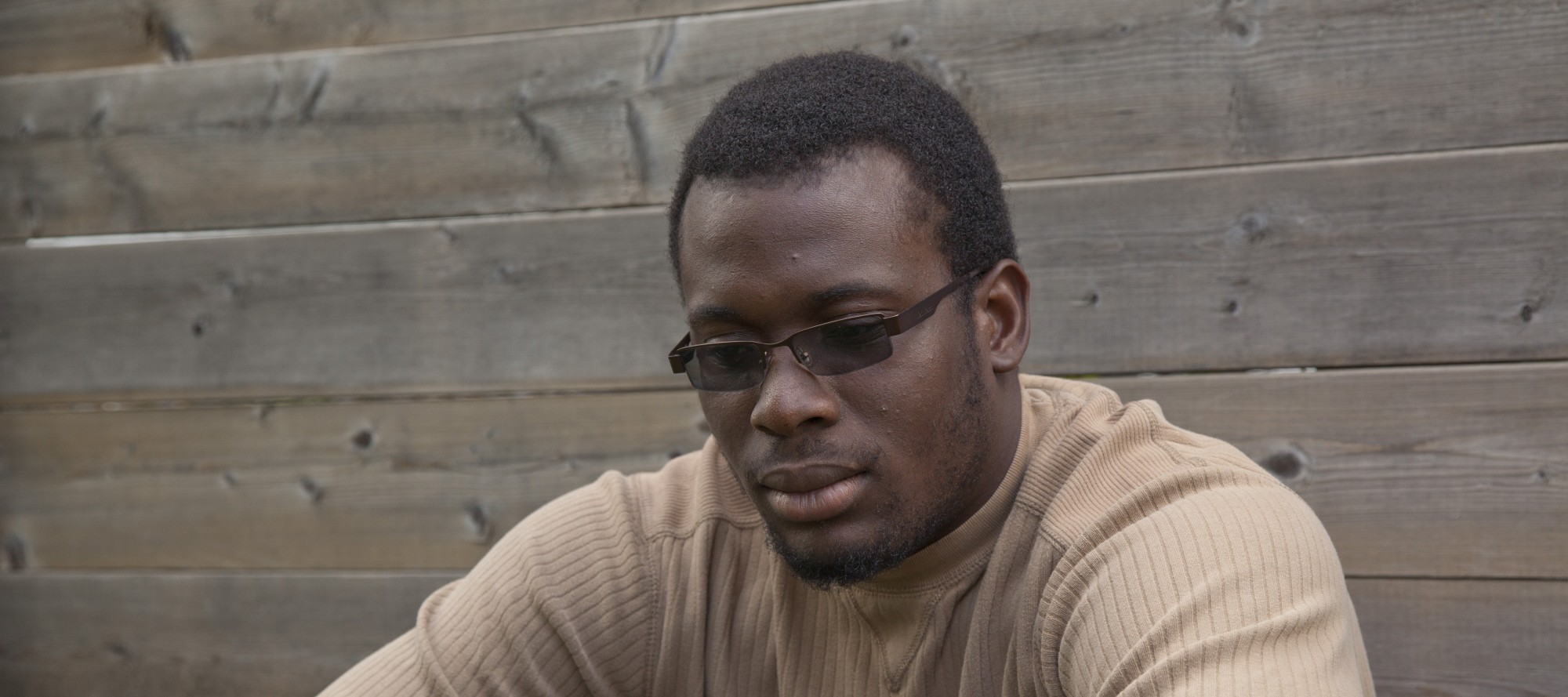Every once in a while I read a book that really changes my perspective on life and faith. The first case of this was on my first mission to Uganda in May 2011 when I borrowed someone’s copy of Crazy Love by Francis Chan. God used the contents of the book and the atmosphere of project to ignite a spirituality grounded on loving God and choosing to experience His love.
Since then other books that have made an impact on my faith are Mere Christianity by C.S. Lewis, Think: The Life of the Mind and the Love of God by John Piper, Godspace by Doug Pollack, The Problem of Pain by C.S. Lewis, Spiritual Leadership by Oswald Sanders and The Finishers by Roger Hershey and Jason Wiemer. You would likely be able to track the trajectory of my spiritual growth by reading these books.
By God’s grace and the generosity of a friend from Life Ministry Kenya, I recently finished Prayer: Does it Make Any Difference by Philip Yancey. I strongly recommend it to anyone who’s ever struggled with the value of prayer. More than that, I believe it has value for anyone who believes God exists and is actively working on Earth but wonders how.
What is prayer? Yancey observes that most Christians struggle with their prayer life. We have an expectation of what we should be experiencing in prayer. Very rarely is our prayer life up to par. We lack consistency in the discipline of prayer, or feel selfish for the content of our prayers, or wonder at the absence of intimacy in the experience of prayer. Often, we have the added burden of unanswered prayer. Do we fail to see results because of lack of faith, wrong prayers or some other reason?
He also points out a feature of many testimonies that I myself have struggled with. In October, a pastor shared a sermon illustration of a time he missed a bus between cities in Uganda. He caught the next bus, frustrated at the delay only to pass by an accident scene involving the first bus. Bullet dodged, God is good, right? But what of the people who were on that bus? I’m sure many of them were Christians who had likely prayed for protection before leaving their houses. For every testimony of miraculous healing, there are many believers who are left asking, “Why them and not me?” How does God choose who’s prayers to answer and when?
There are also a number of philosophical questions that prayer raises. Like, it is reasonable to expect a perfect God who knows all things to change events because finite creatures ask for it? Does prayer change God? If it does, then that leaves us in doubt about God’s perfection. If it doesn’t, then why pray?
In Genesis, God gives man a responsibility for tending the earth. This isn’t because God needed the help in caring for His creation but rather, in sharing agency with man, He invites us to relationship with Him. Prayer, first and foremost, is an avenue of relationship. God works in us when we pray. He uses it to align our perspective with His will, to develop our character, to test our perseverance and to spur us to action in a broken world.
Prayer is imperfect because we are imperfect. Yet even in its imperfection it is valuable for us because it strengthens our relationship with God. Sometimes prayer feels like nothing more than showing up. I confess many times I might spend an hour “in prayer” probably only a few minutes of that time are directed toward God. Does that time count? Absolutely. Sometimes our prayers feel like words spoken at empty walls, yet we return because of the discipline of relationship. Sometimes the act of prayer is the end itself.
Perhaps the closest relationship I have is with my mom. Sometimes we spend a whole evening watching TV or reading separate books, but we are together. It’s quality time. We might not always have something to say, but we talk. We have our ups and downs, and yet our relationship remains valuable and presence is key. Perhaps the most unexpected aspect of our relationship is how much more meaningful our conversations have become at a time when she’s most distant. What if it’s the same with God. If our human interactions are so variable and require so much work, why are we surprised when relating with a God who is so unlike us isn’t always smooth or easy?
More than working in us, prayer makes a difference in the world. God allows us through prayer to participate in governing the universe. We know He does because He tells us He answers our prayers. He knows all things and doesn’t need our help to see what needs to be done and yet invites us to join Him in the process. Yancey relates a story of a pastor whose five year old daughter asks to help him installing stone steps in the backyard. He admits that the work was slower and more complicated because of the girl’s involvement and yet both were proud of the finished product. “Me and daddy made steps,” she announced at dinner and he couldn’t agree more.
God invites us to pray because He loves us. He wants to fellowship with us, to participate in our trials and share Himself with us. No, He doesn’t answer every prayer but He does answer prayer. He transforms us and the world in our prayers. It isn’t perfect, but it’s how God has chosen to interact with us.
I feel that sheds much of the guilt that’s often associated with prayer. I don’t pray like I know I should and sometimes it feels so empty when I do, but for God prayer is all about friendship. The more I see it that way, the easier it becomes to pray.
